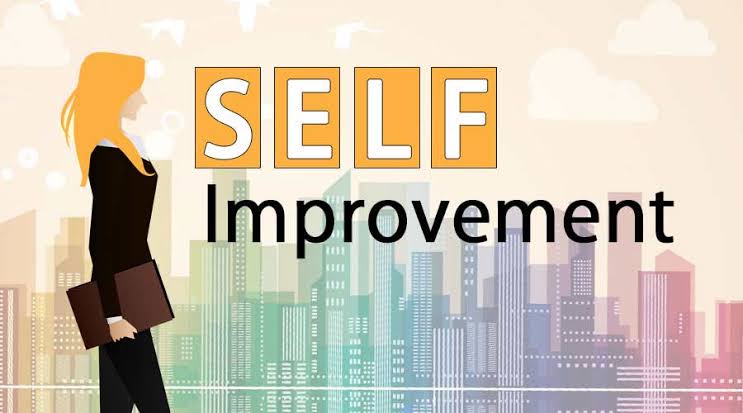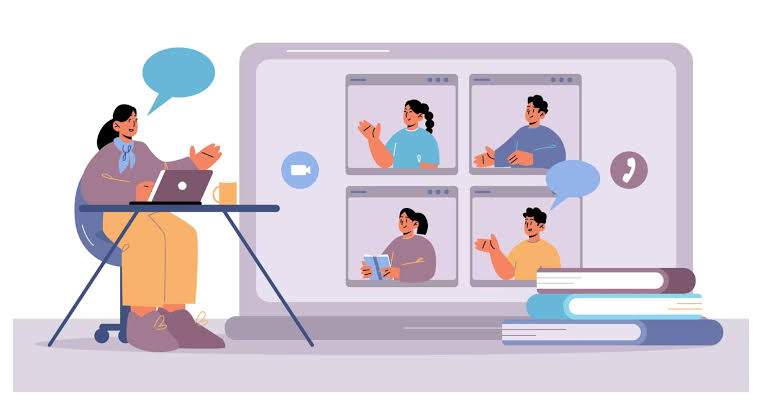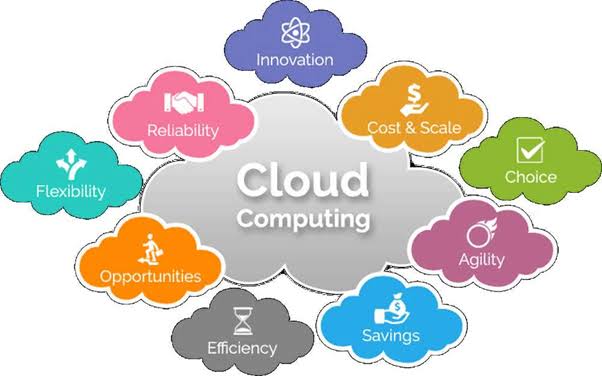Reaching personal goals is rarely easy. It takes discipline, clear focus, persistence, and a plan. In July 2025, the world is more connected and fast-moving than before. People want ways to stay focused and motivated in their personal and work lives. Personal growth is no longer just a choice—it is a must for anyone who wants to improve, perform better, and live a meaningful life.
Personal development involves the conscious pursuit of self-improvement through activities that develop talents, enhance quality of life, and contribute to the realization of dreams. Whether the goal is financial freedom, academic excellence, career advancement, or emotional resilience, a focused personal development plan provides a roadmap for making those aspirations a reality. The following tips, based on current insights and tools available in mid-2025, can serve as a guide for anyone serious about reaching their potential.
Set Clear and Specific Goals
The first step in any personal development journey is goal setting. However, vague goals like “I want to be successful” or “I want to get in shape” are often unproductive because they lack direction. The most effective goals are SMART—specific, measurable, achievable, relevant, and time-bound.
For example, instead of saying “I want to write more,” a clearer goal would be, “I will write 500 words every weekday for the next three months.” In July 2025, digital goal-setting platforms and apps like Notion, Goalscape, and Google Tasks have integrated smart goal templates that help users clarify their aims and track progress over time. Setting realistic, detailed goals helps break larger ambitions into actionable steps, making them far more attainable.
Develop a Daily Routine
Consistency is key to personal development, and nothing cultivates consistency like a well-structured daily routine. A good routine minimizes decision fatigue, increases productivity, and ensures that time is spent on what truly matters. It also creates discipline—an essential trait for reaching any long-term objective.
In 2025, individuals use AI-assisted scheduling apps like Sunsama and Motion that help allocate time blocks for work, rest, exercise, and learning based on personal priorities and energy levels. Establishing morning rituals, such as journaling, planning the day, or meditating, and evening habits like reading or reflection, strengthens daily discipline and aligns your activities with your overall goals.
Prioritize Lifelong Learning
No matter the goal, continuous learning plays a vital role in personal growth. Whether you’re looking to climb the corporate ladder, start a business, or become emotionally intelligent, there’s always something new to learn. Lifelong learning keeps you adaptable, informed, and empowered.
Platforms such as Coursera, LinkedIn Learning, and edX offer up-to-date courses in everything from digital marketing to mental health and leadership skills. In July 2025, microlearning—short, focused segments of learning—is becoming increasingly popular as it allows people to gain knowledge in small, manageable doses throughout the day. Dedicating just 15 to 30 minutes daily to learning can produce transformative results over time.
Surround Yourself with Positive Influences
Your environment significantly affects your ability to grow. The people you spend time with, the content you consume, and even the digital communities you join all influence your mindset and habits. To stay motivated and accountable, it’s essential to surround yourself with those who inspire and challenge you.
Join mastermind groups, mentorship networks, or online forums dedicated to your areas of interest. As of 2025, apps like Clubhouse, Geneva, and Slack-based communities for niche interests have grown in popularity, connecting like-minded individuals globally. When you surround yourself with positive influences, it becomes easier to maintain momentum and learn from the successes and failures of others.
Embrace Feedback and Self-Reflection
Growth doesn’t happen without honest evaluation. Feedback, whether from mentors, peers, or your own self-assessment, helps you recognize blind spots and improve faster. While criticism can be uncomfortable, learning to view it as constructive is a game-changer.
Develop a habit of weekly or monthly reflection. Ask yourself what went well, what didn’t, and what could be improved. In 2025, journaling apps like Day One and Reflectly offer prompts and AI-generated summaries of emotional patterns and behavioral trends. These tools can reveal important insights about your habits and mindset, enabling you to adjust your approach and stay aligned with your goals.
Overcome Procrastination with Actionable Strategies
Procrastination remains one of the biggest obstacles to personal achievement. It often stems from fear of failure, perfectionism, or lack of motivation. To combat this, adopt actionable strategies like the Pomodoro Technique—working in 25-minute focused intervals followed by short breaks—or the “two-minute rule,” which suggests starting with any task that can be done in two minutes or less.
In July 2025, AI productivity assistants like Reclaim and Todoist Karma provide nudges, behavior tracking, and personalized scheduling to help individuals beat procrastination. The key is to start small and build momentum. Once you begin, motivation often follows.
Take Care of Your Physical and Mental Health
Your ability to pursue goals depends largely on your physical and mental well-being. Good sleep, regular exercise, a healthy diet, and stress management are not optional—they are foundational to personal development. When you feel better physically and emotionally, you perform better in every area of life.
Use fitness trackers like Fitbit or WHOOP and mental health apps like Calm, Headspace, or Wysa to monitor your health habits and integrate self-care into your daily routine. In 2025, many of these tools offer real-time wellness recommendations powered by AI, allowing users to adjust behavior instantly based on physical and emotional feedback.
Break Big Goals into Smaller Milestones
Large goals can feel overwhelming and distant, which often leads to paralysis or discouragement. The solution lies in breaking them down into smaller, manageable milestones. These smaller goals serve as checkpoints that allow you to measure progress and celebrate wins along the way.
Suppose your long-term goal is to save $10,000 for a business. Instead of focusing only on the end goal, divide it into monthly or weekly saving targets, and track them using apps like YNAB (You Need a Budget) or PocketGuard. By achieving small wins regularly, you maintain motivation and reinforce your belief in your own capability.
Final Thoughts
Personal development is a lifelong journey that requires effort, intention, and flexibility. In an era where distractions are constant and expectations are high, taking charge of your growth is more critical than ever. With the right strategies—clear goals, daily routines, consistent learning, supportive environments, and health-conscious living—you can turn aspirations into actionable outcomes.
As of July 2025, numerous tools, communities, and innovations exist to support your journey. But no tool is more powerful than a committed mind and a disciplined approach. Success doesn’t come from wishing or waiting—it comes from doing, day by day, step by step.



